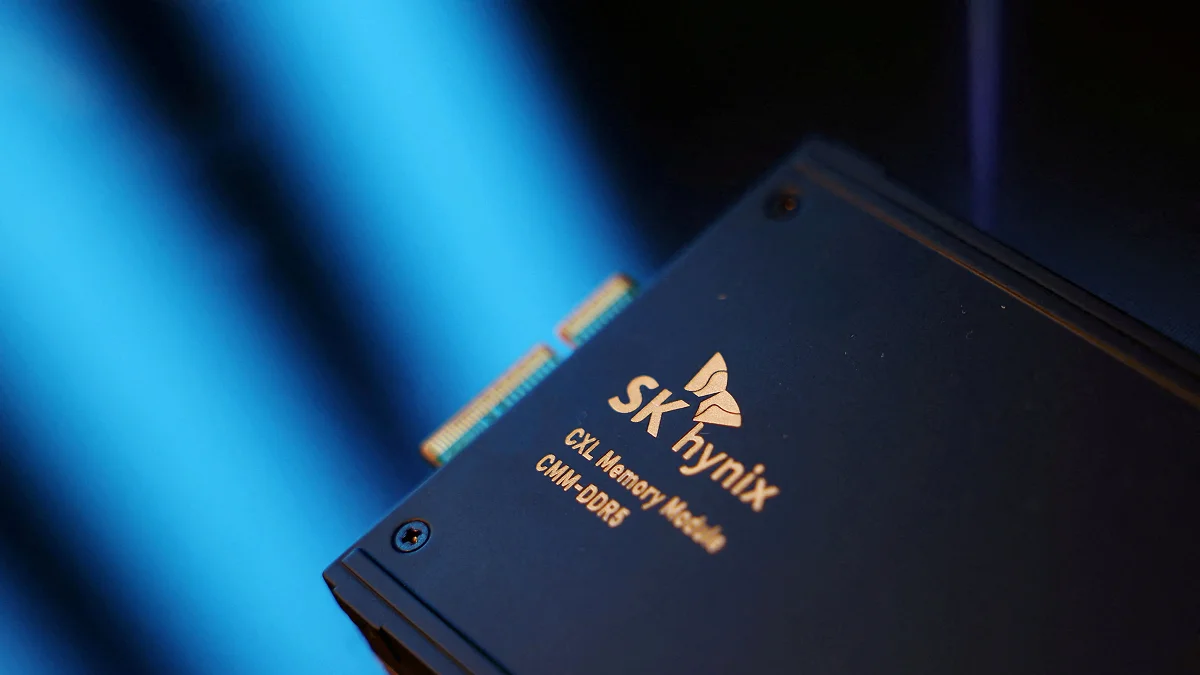Necessary Always Active
Necessary cookies are required to enable the basic features of this site, such as providing secure log-in or adjusting your consent preferences. These cookies do not store any personally identifiable data.
|
||||||
|
||||||
|
||||||
|

The U.S. is targeting allies’ chip operations in China is making headlines as the U.S. Department of Commerce considers pulling back special permissions given to companies like Samsung, SK Hynix, and TSMC. According to Reuters, these companies use American technology at their factories in China but may soon lose easy access to US chipmaking equipment.
This policy idea is also causing concern among industry leaders, investors, and foreign governments. The trade war over semiconductors is not just between the US and China; it now affects the chip manufacturing operations of key US allies as well.
In 2022, the US placed new export restrictions on chip equipment to China. To avoid disrupting trusted foreign companies, the US gave them special letters allowing trade to continue. These were later replaced by what’s called Validated End User (VEU) status.
VEU status lets companies like Samsung, SK Hynix, and TSMC receive US-made chipmaking equipment without needing separate export licenses each time. This made chipmaking in China faster and more reliable for them.
Now, the US Commerce Department is considering taking away that status. If that happens, companies will need to apply for licenses each time they want to receive American equipment, slowing down their chip production in China.
A Commerce Department official said this plan would make foreign companies follow the same rules as others. “It ensures the United States has an equal and reciprocal process,” the spokesperson said.
Reports of this possible move shook the tech market. Stocks of US companies that supply chip equipment to China dropped after the news broke. KLA Corp fell by 2.4%, Lam Research by 1.9%, and Applied Materials dropped by 2%.
These companies depend heavily on sales to foreign chip factories in China. If their customers, like Samsung and TSMC, face delays, US equipment makers could lose big contracts.
At the same time, Micron, a major US memory chip company and rival of SK Hynix and Samsung, saw its stock rise by 1.5%. Investors see this as a chance for Micron to gain market share.
An industry source said limiting trade with allies could benefit China. “It’s a gift,” the person said, meaning it might help local chip factory control in China shift toward Chinese companies.
The White House says this is just a precaution. “There is currently no intention of deploying this tactic,” a US official told Reuters. However, they added, “It’s another tool we want in our toolbox” if the agreement with China fails.
The move shows how the US is trying to use trade policy to influence China’s tech growth. By making chip manufacturing harder for foreign companies in China, the US hopes to reduce Beijing’s access to top-level chips.
But this also puts pressure on US allies like South Korea and Taiwan. Their companies may now face stricter rules, even if they are long-time US partners. That raises concerns about how reliable the US is as a trade partner.
If implemented, this decision could change the balance of power in the chip world. It could also force companies to shift production out of China or work with other suppliers, further intensifying the chip manufacturing dispute.